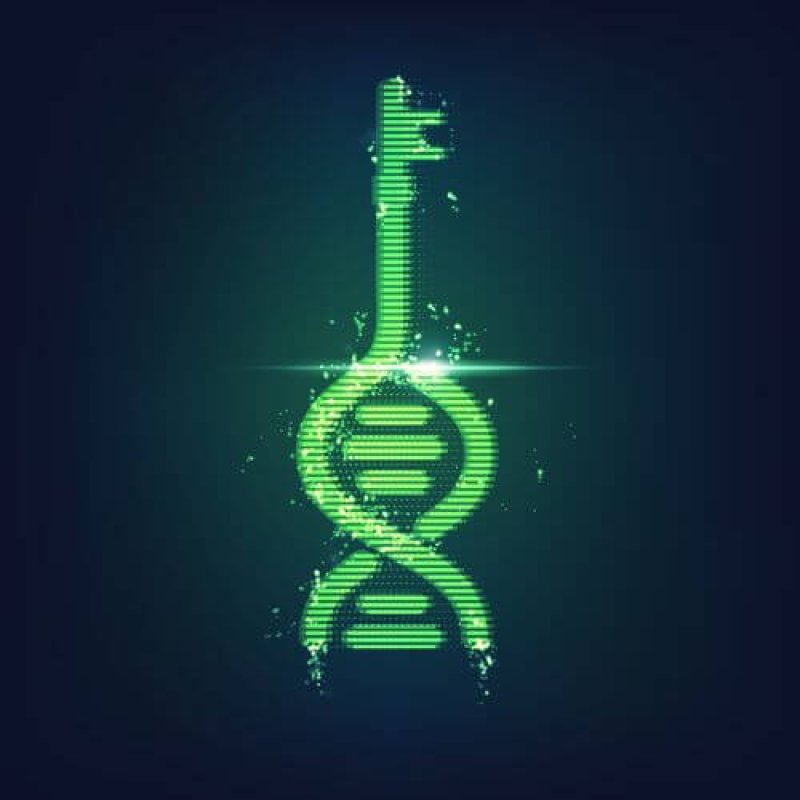In what appears to be the first successful hack of a software program using DNA, researchers say malware they incorporated into a genetic molecule allowed them to take control of a computer used to analyze it.
The biological malware was created by scientists at the University of Washington in Seattle…
To carry out the hack, researchers led by Tadayoshi Kohno…and Luis Ceze encoded malicious software in a short stretch of DNA they purchased online. They then used it to gain “full control” over a computer that tried to process the genetic data after it was read by a DNA sequencing machine.
…
For now, DNA malware doesn’t pose much of a security risk. The researchers admit that to pull off their intrusion, they created the “best possible” chances of success by disabling security features and even adding a vulnerability to a little-used bioinformatics program. Their paper appears here.
…
Companies that manufacture synthetic DNA strands and mail them to scientists are already on the alert for bioterrorists. In the future, the researchers suggest, they might also have to start checking DNA sequences for computer threats.
The GLP aggregated and excerpted this blog/article to reflect the diversity of news, opinion, and analysis. Read full, original post: Scientists Hack a Computer Using DNA































